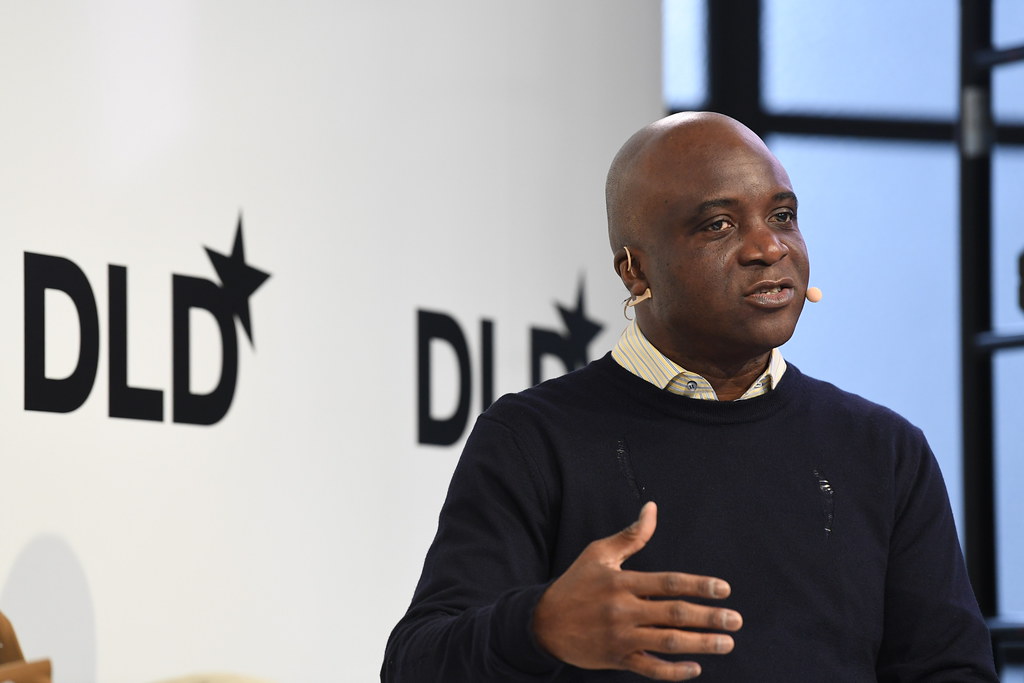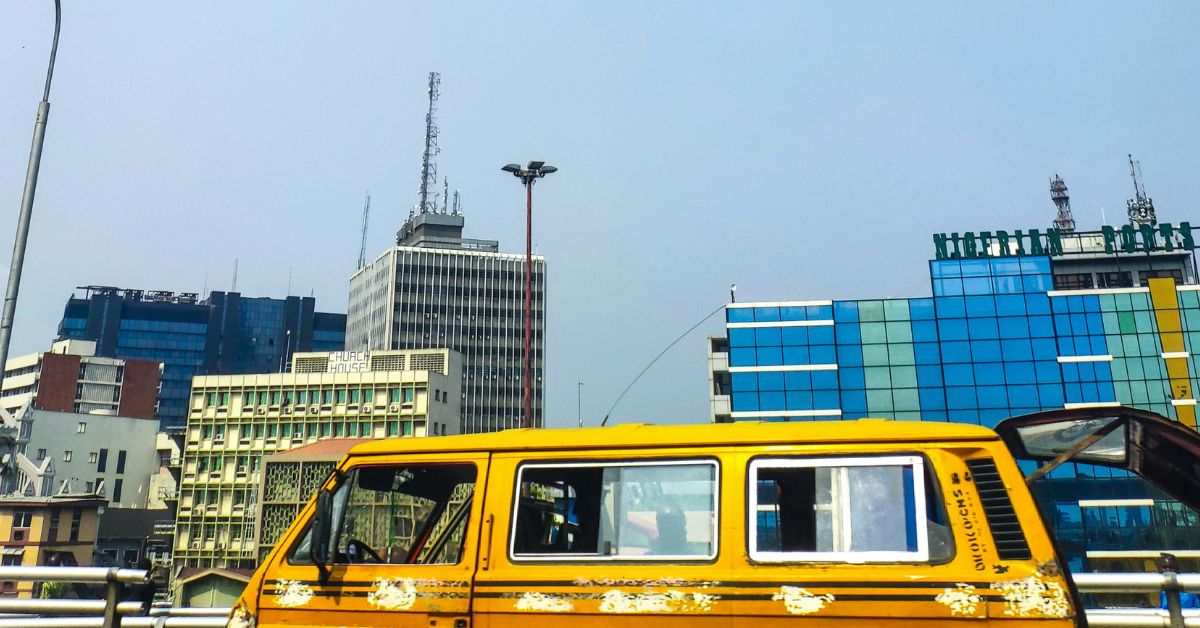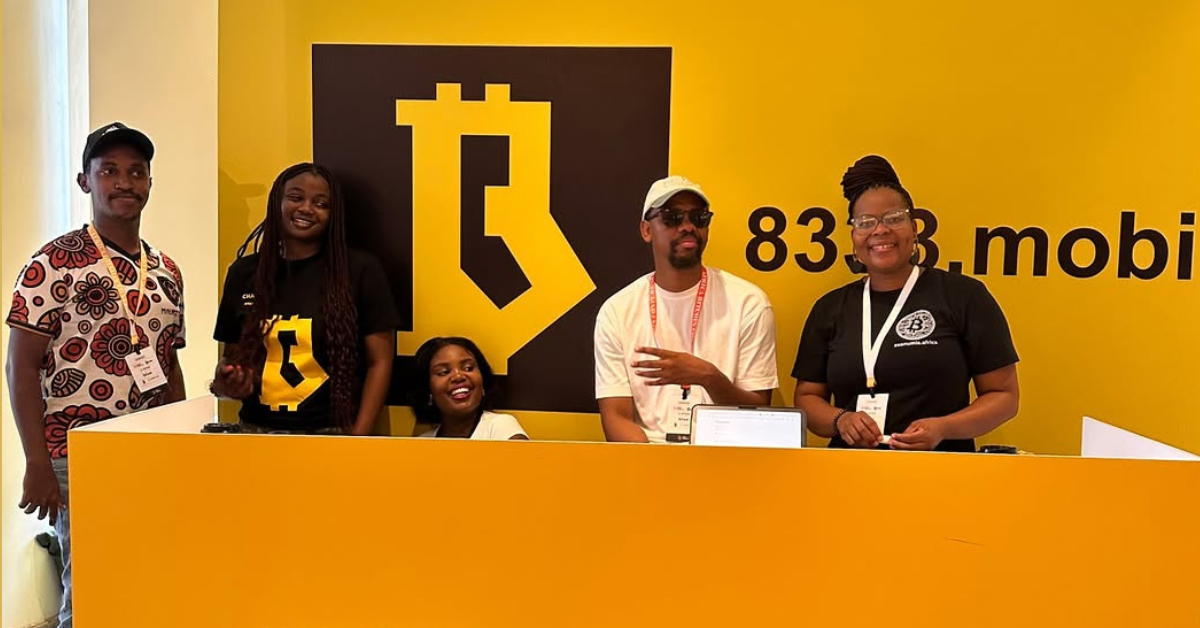Tech companies in sub-Saharan Africa will soon be operating in a recession. The World Bank expects the region’s economies to contract by up to 5.1%, a historic downturn that portends tough times for balance sheets.
Global economic uncertainty means African tech startups have to adapt and stay relevant. Despite a decent first quarter, fundraising will be more difficult in the coming months.
[Read: African startups did well in Q1 2020. But don’t get comfortable]
To prepare against the projected shocks, investors are having conversations with portfolio companies on all the tough fundamental questions:
Is this a good time to pivot? What are the new opportunities and downsides? How do you survive?
Emergency working capital
The basics of survival require startups to reduce expectations around outside capital, conserve cash, and re-forecast projections on cash flow, as Eloho Gihan-Mbelu, managing director of Endeavor Nigeria, has written.
But “a lot of companies now need extra runway and working capital funding,” says Temilade Denton, Impact and ESG manager at Alitheia Capital, a Nigeria-based VC with investments in Paga, MAX.ng and Lidya, among others.
Alitheia is helping its companies think through strategic needs and operational changes. They are providing working capital for their companies to weather the present storm.
[Read: How African startups & angel investors can prepare for a looming economic crisis]
The firm estimates that their companies, cumulatively, will need millions of dollars to weather the present storm, Denton says.
This extra funding is not a giveaway. The financing being made available is, according to Denton, sourced from Alitheia’s fund for follow-on investments that predates the coronavirus outbreak. The outbreak has hastened the timeline for the investment.
Providing emergency runway support is not an unthinkable course of action. In times of crisis, the most important thing is ensuring that companies have enough runway to be comfortable through the projected end of the crisis. That’s according to Maya Horgan Famodu, the founder of Ingressive Capital.
The Nigeria-based VC participated in 54Gene’s $15 million Series A. Ingressive’s investment in the biotech startup was based on the health sector’s growth in emerging markets and an excitement about the future of the company, Famodu tells TechCabal.
Securing cash in safe assets
To shield them against depreciation, Ingressive is advising its companies on ways to access foreign currency exchange to hedge assets in more stable currencies.
“It is prudent to convert your more volatile currency to more stable ones and only keep in the local currency what you need in operational costs,” Famodu says.
Risevest’s Eleanya Eke agrees with this approach. His startup provides access to dollar-denominated investments for individuals.
Eke has been an advocate for hedging against naira depreciation; Risevest’s roots are in his blogs about Nigeria’s 2015/16 recession.
As Africa slides into a new downward path, he believes companies should definitely be thinking about securing their assets in stable instruments. While companies cannot invest in dollar assets on the Rise app, Eke says they currently provide this service for a number of founders who wish to secure their companies’ cash.
Dollar-hedging is not for everyone
But this option is not available to every company. Eghosa Omoigui, founder and CEO of EchoVC, says the ability to do this depends on a company’s operational model.
“If your business model requires that you keep recycling your balance sheet cash, you never have enough to build a full hedge,” Omoigui says.
Companies who can afford to do this are those that are “super profitable” and can divert free cash flow to buy dollars. While it is an interesting concept, only a few startups generate enough free cash flow to defend in dollars, Omoigui says.
Future Africa, the venture capital firm founded by Iyin Aboyeji, is also considering various ways to help portfolio companies that have raised cash protect their assets.
However, dollar-hedging may be relevant for, say, businesses that require imports, Aboyeji says. But it may not be the right decision for companies that do not require a large dollar stock.
[Read: Iyin Aboyeji’s Future Africa is offering more than money to startups]
Aboyeji is betting on finding innovative companies rising from this period. Individuals with a minimum of $10,000 can find deals via Future Africa’s new co-investment program.
Good rapport will matter
But for that future to exist, existing companies need to be guided through the coming upheaval to avoid losing all of the progress of the last decade.
At this moment, it is an advantage to have an investor you like and one that likes you, says Odunayo Eweniyi, co-founder of Piggyvest.
“You might find yourself making unconventional decisions and you want investors who will have your back. That is only achieved by having investors in your business who respect you,” Eweniyi says.
The minimum is friendship; the strength of the rapport could be vital for overcoming upcoming challenges.
Famodu, the Ingressive founder, also believes investors should be looking at leveraging the diversity of their portfolio to identify short-term or new market opportunities for their companies. After all, the goal of entrepreneurship should not just be survival but scoring a win.
Overall, she would like to see investors work with founders, many of whom are in their first businesses, to overcome the emotional burden the downturn will bring. Being a thought partner and providing support will be important.
This is new territory for African tech. For many founders, this will be their first experience of a global recession as Africa’s ecosystem is, compared to the US and Europe, in its development stage.
Ideas for building resilience will be the subject of much discussion throughout this period. Some will be experimental, others will be safe and pragmatic. Expect whatever works for one to be trialed by other investors and companies.




















